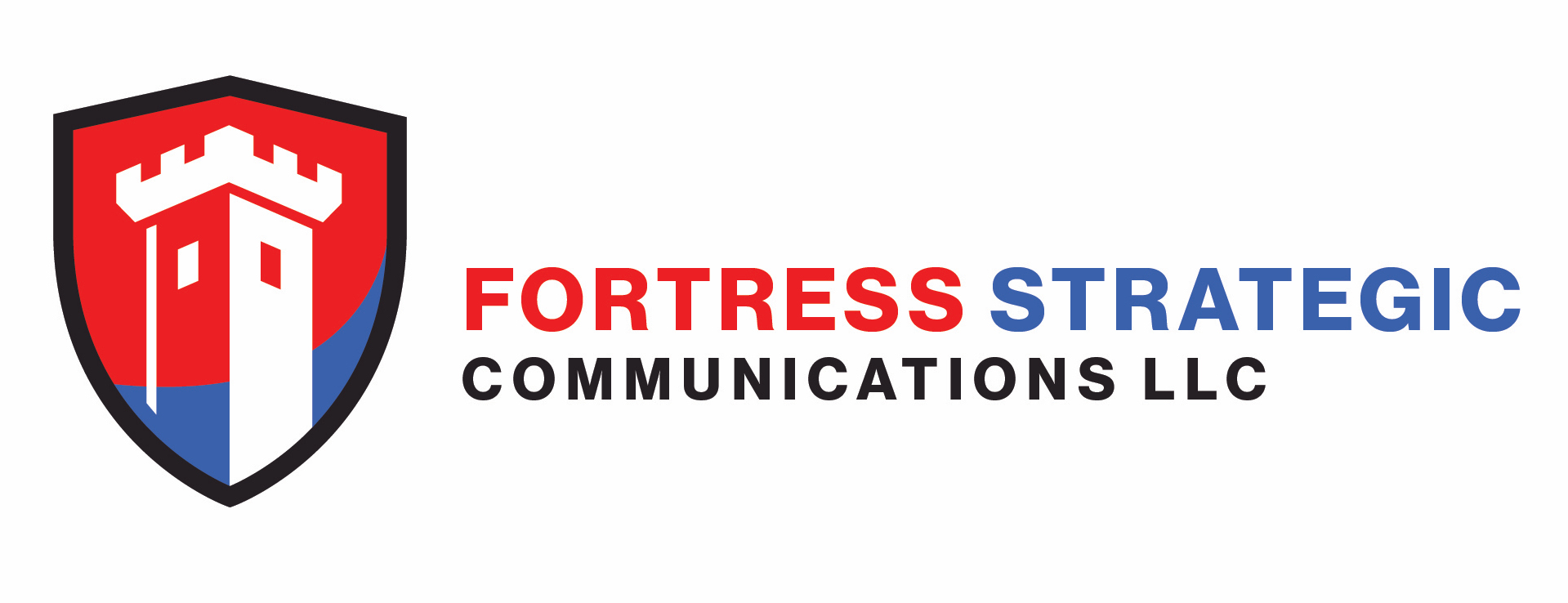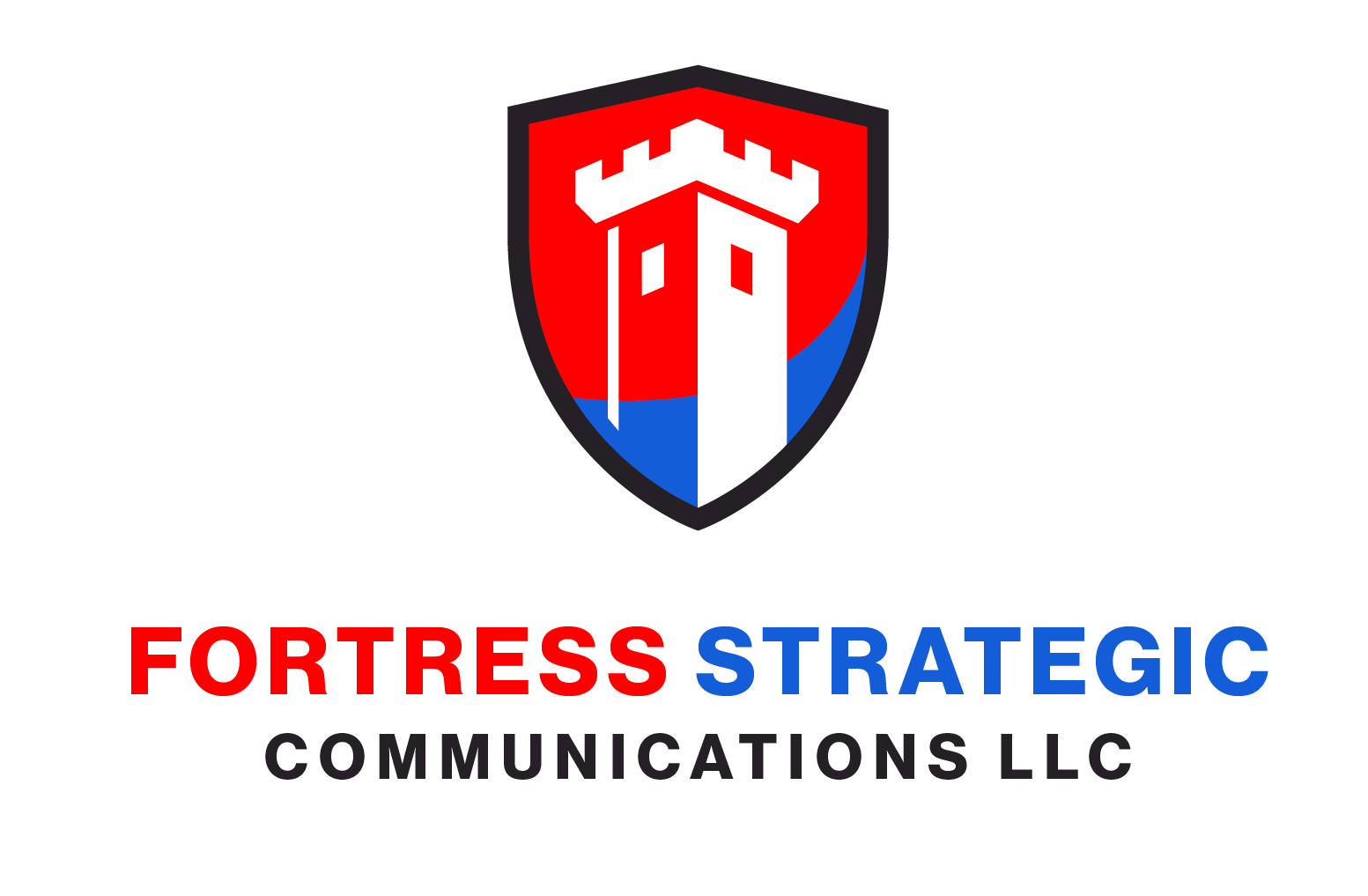In A Competitive Security Market, Could Better Reputation Management Give Smaller Security Companies An Advantage?
Business opportunities in the security space are expanding:
- According to the Freedonia Group, “U.S. demand for private contracted security services will rise 4.2 percent annually through 2019 to $66.9 billion. Systems integration and security consulting will be the fastest growing services, while guarding and alarm monitoring will remain dominant. The nonresidential market will remain the largest segment, while the institutional market grows the fastest.”
- Grand View Research, Inc. reports that, “The North American physical security systems market is expected to reach USD 35.17 billion by 2020, growing at a CAGR exceeding 9.5% from 2014 to 2020.”
In the highly competitive security industry, it is crucial to create and foster a brand that resonates well, stands out because of its great reputation, and is identifiable among the massive number of active companies. Smaller security companies that provide a variety of services and solutions face a significant public relations (PR) challenge: What is the best way to stand out and rise above competitors?
Many security company owners I have spoken with who manage small businesses report two distinct challenges:
- They work in an industry that is characterized by companies with skill and professionalism levels ranging from “best left unsaid” to “exemplary.”
- They have a limited public relations and marketing budget and/or insufficient time available to grow and market their business.
Out of all the brand-building opportunities available to smaller security companies, public relations (PR) offers the widest array of opportunities to build and maintain an outstanding reputation. Here’s what small- to mid-sized security companies need to keep in mind to optimize their chances for reputational growth and success in the long run:
A PR plan is vital. Whether a company is a one-man-band security consultancy, a small startup, or a mid-sized company with a regional geographical footprint, a formalized PR plan is essential to success.
In the armed forces or law enforcement, planning and resource allocation is job one–before initiating any major offensive. Building a company’s reputation and growing a business is no different.
A business grows when it offers a great solution and excellent service–and when customers are aware of what it offers. Awareness of these two critical aspects is driven by PR.
Without a reputation and business growth, your odds of success, survival, and sustainability are severely limited. An effective PR plan, integrated into the business plan and customer relationship management plan, is a core component of a sound reputation building strategy.
A website and some social media is not PR. When I consult with security companies about their PR needs, they almost always say, “Well, we have a website and do some social media, so we are doing PR!”
A website and Twitter, Facebook and LinkedIn accounts are not PR—they are platforms. It is how you use these communication conduits and what you communicate from a content and key messaging perspective that maximizes PR opportunities. Strong, effective content is coordinated, part of a content plan, based on a content strategy, and has real purpose and meaning to the customer. Effective messaging is relevant, engaging, specific, and offers value.
Businesses that do not communicate regularly can be perceived as out of date, out of touch, or not that active in the industry. Content should be disseminated at regular intervals so that customers know they can rely on your website or Twitter feed for important information and insights.
Generic news is not PR. It is an eye-opener for me when I see security companies with a news feed on their sites carrying general industry news or re-tweeting interesting articles. When I ask them what they are sending out, they simply say, “News!” I point out that they are often posting rehashed bits of news, or even competitor’s news, without reading the complete content. For example, a potential client may review your website’s news feed and read about a competing product…and you may lose the deal!
By not proactively communicating your own news, you are wasting a golden opportunity. It is your website and your social media assets, so post your own unique content. Fresh content engages customers and keeps them coming back.
News should be newsworthy. One of the most misunderstood aspects of PR is what constitutes news. Almost anything that a security company does may be news to the company and its clients–but it is not necessarily news to the media.
The media want what they term “hard news”: critical events or content that will educate, inform, and challenge, that will make their readers think and take action.
Put yourself in a journalist’s position: to attract “eyeballs” and retain advertisers, which headline is more interesting? ABC company hires three more patrol officers or Five strategies to mitigate active shooter threats in your factory?
While it is news that a company added three more patrol officers, a journalist may not be interested in that news. That type of information should be used for direct communication with the customer base, to illustrate that the business is growing and secure. The active shooter news piece, on the other hand, can be disseminated via a number of different channels and is of interest to almost all audiences–including a newsroom.
Quality beats quantity. Some security companies confuse PR success with volume of media coverage. As a result, they try to communicate as much as possible as often as possible. Over-communication carries implicit risks. Overload your stakeholders with too much information, and they may become more and more selective in what they read, or even ignore your content altogether.
Sound PR disseminates concise, meaningful content of real value at regular intervals to a variety of stakeholders. All content dissemination should be coordinated and timed, and all communication platforms should contain the same content relative to capacity.
PR is not just writing articles. When security company owners and marketing managers hear the words “PR company,” they often assume, “They write stuff.” Yes, content generation or writing is important—but it is not the only service a PR company provides.
Everyone has their own interpretation or description of PR. Decades in the industry have shown me that PR is about strategic consulting pertaining to sustained brand growth and reputation management, crisis communications, spokesperson profiling, content marketing, media relations, social media, integrated communications, issues ownership and development, customer service strategies, and more.
Look for these additional services in the PR company you are thinking of retaining, because as your business grows and your business risks increase, you will likely need these value-added services. If a PR company wants your business and they focus only on their writing services as their value proposition, they will not be able to support your company over the long haul, especially if you are serious about your reputation.
Investing in a PR company pays off. There is considerable value added in working with the right type of PR company. Engaging a PR consultant will free up your time so you can focus on sales and management. A strong PR company focuses on creating content to disseminate to the media as well as identifying issues-based topics for potential interviews. It will also generate content and articles to send to your clients and populate your social media assets, website, and blog. Moreover, it will seek out speaking engagements, conferences and trade show opportunities for your business. It will help you manage crises, protect your reputation and help you deal with brand competition.
Despite the advantages, many security companies are hesitant to retain the services of a PR consultancy, usually for three reasons: a misconception that the service is expensive, a misunderstanding of what PR is, and possibly, past experiences where they worked with a PR company and gained little value.
While certain large PR companies do charge a lot more for their services, they are usually focused on serving enterprise-sized security companies with large budgets, and they provide a lot of extra services to their clients. Small and midsize companies, however, can benefit from collaborating with a smaller, more specialized consultancy that understands the broader security and risk management space and can provide the relevant consulting service strategically focused on your unique needs. Smaller specialized agencies frequently have affordable fees or retainer structures to suit smaller budgets. Of course, be sure that you know up front how much you will be charged each month.
Security companies engage with PR companies for a number of reasons, some of which include, but are not limited to, building relationships with journalists, generating news coverage, building mindshare and awareness among potential customers, retaining current clients, breaking into new vertical markets, etc.
Implemented correctly, PR will provide a return on investment, and implemented incorrectly, it could literally inhibit your ability to grow market awareness.
—ENDS—
About Fortress Strategic Communications:
Fortress Strategic Communications provides specialized strategic public relations and crisis communications consulting to companies that offer products, services, and solutions designed to manage and mitigate all types of risk. FSC also provides market specific solutions for data breach events and counsels startups looking to enter the risk management arena. The company draws on their executives’ combined 20 years of global experience in a broad array of vertical markets. For more information please visit www.fortresscomms.com







